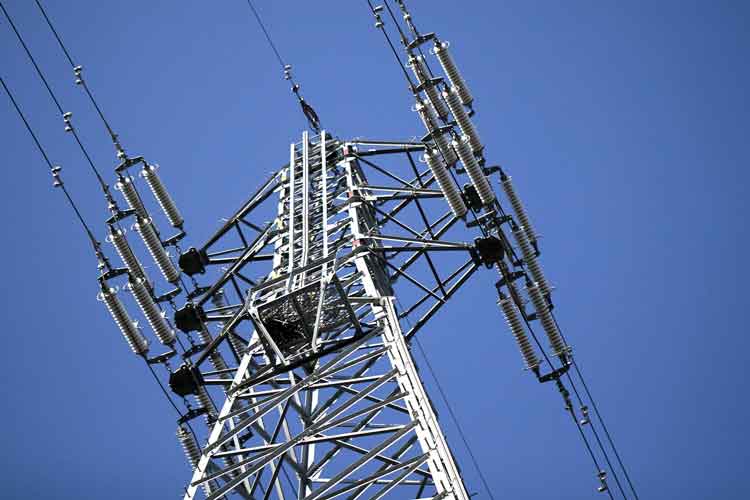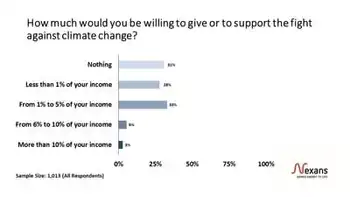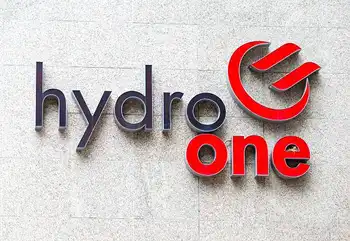U.S. Company Seeks Permit To Produce Power With Sludge
BANGOR, MA -- - A Washington County company is applying for environmental permits to become the first operation in Maine to produce electricity by incinerating sludge from municipal wastewater treatment plants.
The sludge would come from sewage treatment plants throughout Maine and New England.
Worcester Energy Co. would combine it with peat harvested from bogs owned by its sister operation, Worcester Peat Co.
Owner Morrill Worcester said Monday that the mix is "the ideal boiler fuel" for his 22.8-megawatt plant in Deblois.
Worcester said he expects to have the project running within a year and that it would create 52 full-time positions with an annual payroll of $1.5 million.
According to his prepared statement, Worcester Energy would provide free electricity to year-round residents of Deblois, the town firehouse and the town office. Deblois has a population of 49 people, according to the 2000 census.
Worcester was not available for an interview Monday but prepared the statement in response to a Bangor Daily News inquiry about the project late last week.
Tobin Slavin, a spokesman for Worcester, said the company would cover the cost of electricity to eligible residents by paying the electrical generating portion of their utility bills.
Like biomass plants throughout the state, Worcester Energy Co. has been idle in recent years except for short-term contracts. The plant last ran in February 2002, Slavin said. The plant has been using a mixture of peat and wood chips to fuel the boilers.
Using sludge, which municipalities pay to dispose of, rather than waste wood or wood chips, which must be purchased, will reduce the cost of producing electricity, according to Worcester's statement.
Slavin said Worcester has had discussions with a number of municipalities, including Bangor, but there are no agreements in place because there are no permits and because municipalities have contracts with other companies to spread their sludge on land, compost it or dispose of it in landfills.
Karen Knuuti of the state Department of Environmental Protection's Bureau of Remediation and Waste Management said her department will require testing of all sludge coming into the facility to determine the contents.
Knuuti said she received the application last Tuesday and is determining if it is complete for processing. That determination must be made by June 4. DEP has up to a year to review applications for waste processing facilities, she said.
Mark Roberts, a licensing engineer for DEP's Bureau of Air Quality Control, said he hasn't received the company's permit application to amend their air emission license.
Roberts said the Deblois plant would be the first in the state to incinerate sewage treatment plant sludge, although Greenville Steam in Greenville did a trial run. It mixed sludge with whole tree wood chips.
According to Worcester Energy's application, the operation would require 430,000 cubic yards of peat and 215,000 cubic yards of sludge annually. The mixture would be made into pellets and dried before its use as boiler fuel.
The energy produced would be sold to the New England Power Pool.
For the past eight years, Worcester Peat Co. has been marketing a peat-based mixture of topsoil known as Ultragrow. If the power plant goes online and fly ash becomes available, the Ultragrow mixture would be reformulated and marketed as a premium blend, according to the application.
Worcester Peat Co. Inc. and Worcester Energy Co. Inc. have secured a $3,325,000 bridge loan for the project. The money will cover repayment of a $2 million bank debt, $825,000 in capital equipment, and $500,000 in working capital and inventory, according to the application.
Related News

Cheap oil contagion is clear and present danger to Canada
CALGARY - A war between Russia and Saudi Arabia for market share for oil may have been triggered by the COVID-19 pandemic in China, but the cheap oil contagion that it will spread could have impacts that last longer than the virus.
The prospects for Canada are not good.
Plunging oil prices, reduced economic activity from virus containment, and the fallout from weeks of railway blockades over the Coastal GasLink pipeline all add up to “a one-two-three punch that I think is almost inevitably going to put Canada in a position where its growth has to be negative,” said Dan McTeague, a…




